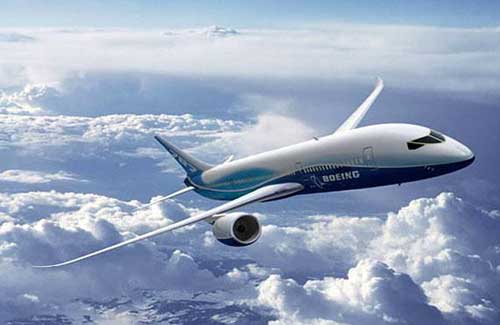
|
More than half of British airline pilots say they have fallen asleep in the cockpit, a survey said, ahead of an EU vote on flying hours which a pilots' association said could compromise flight safety. According to the British Airline Pilots' Association (BALPA), 56 percent of 500 commercial pilots admitted to being asleep while on the flight deck and, of those, nearly one in three said they had woken up to find their co-pilot also asleep. Pilot exhaustion grabbed the headlines this week when a newspaper reported two pilots on a British long-haul flight fell asleep in the cockpit, leaving the packed jet travelling unsupervised on autopilot. The survey, released by BALPA, came ahead of a vote in the European Parliament on Monday on new rules which could replace British regulations. BALPA, a trade union for pilots, voiced concerns that these proposed changes would water down British safety standards. The rule changes would mean that pilots could work a maximum of 110 hours in a two-week period, more than the 95-hour limit under British regulations, and at night could be expected to fly for up to 11 hours, against a current 10-hour limit. "Tiredness is already a major challenge for pilots who are deeply concerned that unscientific new EU rules will cut UK standards and lead to increased levels of tiredness, which has been shown to be a major contributory factor in air accidents," BALPA General Secretary Jim McAuslan said in a statement. The proposals, devised by the European Aviation Safety Agency to harmonize the rules regarding pilots' hours across the European Union, would also mean they could be called to work at any time on their days off. Currently, restrictions are in place to help them plan their rest on days off. The survey of pilots, by pollster ComRes, found 84 percent of respondents believed their abilities had been compromised over the last six months by tiredness with almost half saying pilot exhaustion was the biggest threat to flight safety. British lawmakers, in a report published earlier this month, expressed concern that the new European rules set the limit for the flight duty period at night too high. But the Association of European Airlines, which represents 31 European airlines, urged support for the proposals, saying they would ensure all airlines followed the same rules. "The new ... rules would ensure that Europe will continue to have one of the strictest rules in the world, even stricter than today," the body's acting Secretary-General Athar Husain Khan said in a statement. The Civil Aviation Agency, Britain's aviation regulator, dismissed worries about the new rules. "We think the new European flight time limitation regulations maintain the UK's current high safety levels, and will actually increase safety for UK passengers travelling on some other European airlines," it said in a statement. |
据国外媒体报道,英国民航驾驶员协会 (BALPA)最近的一次调查显示,500名商业飞机驾驶员中有56%承认曾在开飞机时打盹,其中三分之一的人称,他们醒来时发现副驾驶也在打盹。 本周,英国一家报纸报道,一架英国远程航班的两名驾驶员在驾驶舱里睡着了,任由飞机依靠自动驾驶仪导航,这架挤满乘客的喷气式客机竟成了在空中遨游的“无人机”。此后,飞行员疲劳驾驶登上了许多媒体的头条。 英国民航驾驶员协会公布的这次调查针对的是欧洲议会新修改的空中飞行规则。9月30日,欧洲议会各成员国将对该规则进行投票,如果通过,英国现有规则将被取代。 按照新规则,驾驶员可能在两周内最高工作110小时,高于英国现有规则规定的95小时上限。飞行员夜间还可能飞行11小时,也超出了英国目前规定的最高10小时。 调查发现,84%的受访者相信,他们的能力在过去六个月中因疲劳驾驶受到影响,近一半受访者认为驾驶员疲劳是飞行安全的最大隐患。 “飞行员对疲劳驾驶深表担心。新的欧盟规则是不科学的,会降低英国现有标准,增加飞行员的疲劳程度,已有证据显示,疲劳驾驶是多数飞行事故的主要成因,”英国民航驾驶员协会秘书长吉姆•麦考斯伦(Jim McAuslan)在声明中说。 欧洲航空安全局(European Aviation Safety Agency)提出的这套建议旨在统一欧盟各国飞行员的驾驶时间,但这也意味着,飞行员在假期可能被召唤回工作岗位。目前尚有规定保证他们在假期休息的权利。 代表31个欧洲航空公司的欧洲航空业协会(Association of European Airlines)敦促各国支持新提议,称将保证欧洲所有航空公司遵循统一的标准。 “新规则将保证欧洲继续拥有全世界最严格的航空规则,甚至比今天的规则更加严格,”该组织代理秘书长阿特•侯赛因•汗(Athar Husain Khan)在声明中说。 相关阅读 (译者 sxdns717 编辑 Julie) |